The Leadership Paradox:
Why Your Best People
Won't Step Up
You have talented, capable people. But in meeting after meeting, they stay silent. They wait. They defer. This isn't a talent problem - it's a conditions problem.
And theatre has been solving it for over a century.
Does this sound familiar?
A problem sits in the middle of the conference room table. Everyone sees it.
No one addresses it.
Your team has smart people with good ideas, but when it matters most, they become bystanders. They assume someone more senior will handle it. They calculate that speaking up carries more risk than staying quiet.
You've invested in leadership development. You've sent people to workshops. You've built competency models. And yet... the capable people still don't lead.
What if the problem isn't the people—it's the system?
For over 30+ years as a professional theatre director, I've watched a transformation happen repeatedly in rehearsal rooms: cautious actors become bold risk-takers. Not because they suddenly gained confidence, but because the conditions changed.
Theatre has spent over a century perfecting the art of creating environments where people take creative risks in front of others, make bold choices, and learn from failures - without catastrophic consequences.
This WHITE PAPER reveals:
Why the bystander effect and performance risk combine to create leadership paralysis
How organisations inadvertently script who is "allowed" to lead (and how to rewrite those scripts)
What Viola Spolin, Stanislavsky, and Uta Hagen teach us about creating conditions for emergence
The concept of "rehearsed receptivity" - how to stay present and responsive when stakes are high
Practical strategies for organisations, managers, and individuals to break the paralysis
WHAT'S INSIDE
Part One: The Leadership Paradox Why organisations simultaneously need people to lead and create conditions that make leadership feel dangerous
Part Two: Three Lenses on Paralysis The bystander effect, social dramaturgy, and how they combine to keep capable people silent
Part Three: The Rehearsal Room Reveals What Business School Misses
Proven practices from theatre that create conditions where self-leadership emerges
Part Four: From Insight to Action What to do about it - practical applications for organisations, managers, and individuals
WHO THIS IS FOR
✓ CEOs and senior leaders frustrated that capable people won't step up
✓ HR and L&D professionals questioning why leadership training isn't working
✓ General managers who want their teams to take more initiative
✓ Individual contributors who see problems but hesitate to address them
✓ Anyone tired of watching meetings where everyone waits for someone else to lead
DOWNLOAD THE WHITE PAPER
Get instant access to The Leadership Paradox and discover what theatre knows that business schools don't.
